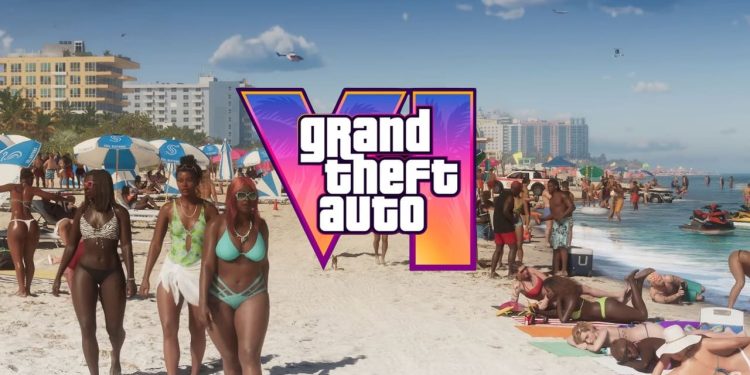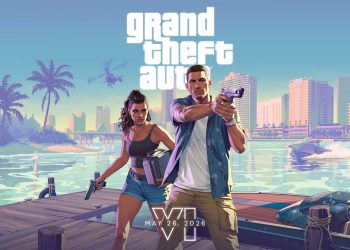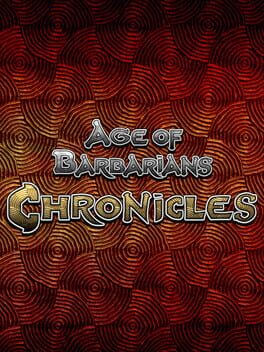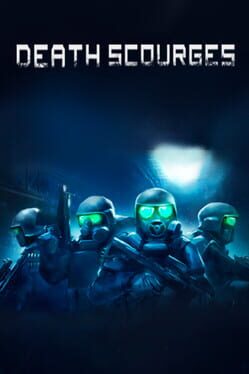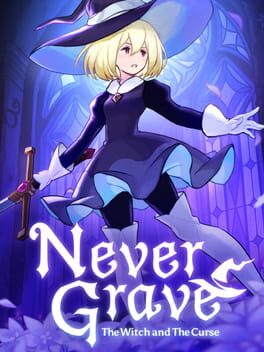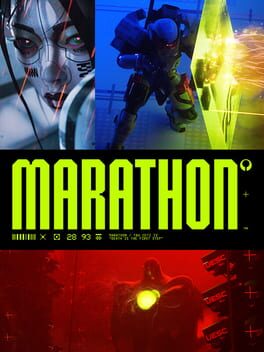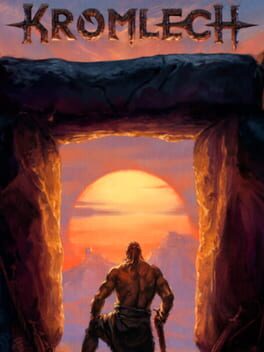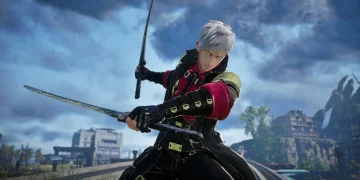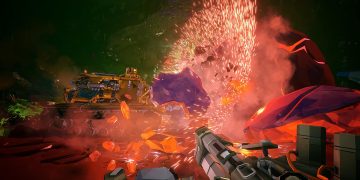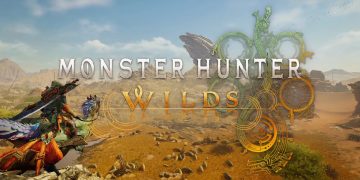Take-Two Interactive CEO Strauss Zelnick told attendees at a technology summit that generative AI is not capable of producing the next Grand Theft Auto, saying the systems are hamstrung by intellectual property issues and by training on older, pre-existing material. CNBC reported the remarks and has reignited a familiar industry debate about what these tools can and cannot do for creative teams.
Zelnick laid out two main concerns. First, he stressed the legal and ethical problems around IP, saying work created with AI is often “not protectable” and that AI can produce material that risks infringing on copyrighted assets or individuals’ rights. Second, he called out what he termed AI’s “backward-looking data compute“, the idea that models only remix what already exists, rather than inventing new creative directions.
“Let’s say there were no constraints [on AI]. Could we push a button tomorrow and create an equivalent to the ‘Grand Theft Auto’ marketing plan?
The answer is no. A, you can’t do that yet, and B, I am of the view that you wouldn’t end up with anything very good. You end up with something pretty derivative.”
Those comments are blunt and hit a core tension: some studios see generative AI as a time-saver for routine tasks, while others worry it undermines creative ownership and originality. Zelnick puts Take-Two firmly in the cautious camp, arguing that the studios and creators behind franchises like Grand Theft Auto are the engines of originality, not a model trained on other people’s work.
For context on the pressure facing teams working on huge franchises, we previously covered the reporting that GTA 6 devs are under intense effort to meet sky-high expectations. Meanwhile, some developers are already disclosing AI use in smaller projects; our coverage of Steam Next Fest noted that over 500 demos listed AI involvement, indicating that the tools are being adopted unevenly across the industry.
Zelnick’s comments will please people who worry about deepfakes and copyright risk, and frustrate proponents who argue generative models can augment creative workflows. Either way, the debate keeps circling back to one question: are these systems a productive tool for artists, or a shortcut that erodes authorship?
Sound off below if you want to argue about the future of game-making, or whether AI might someday surprise everyone and produce something truly original.

